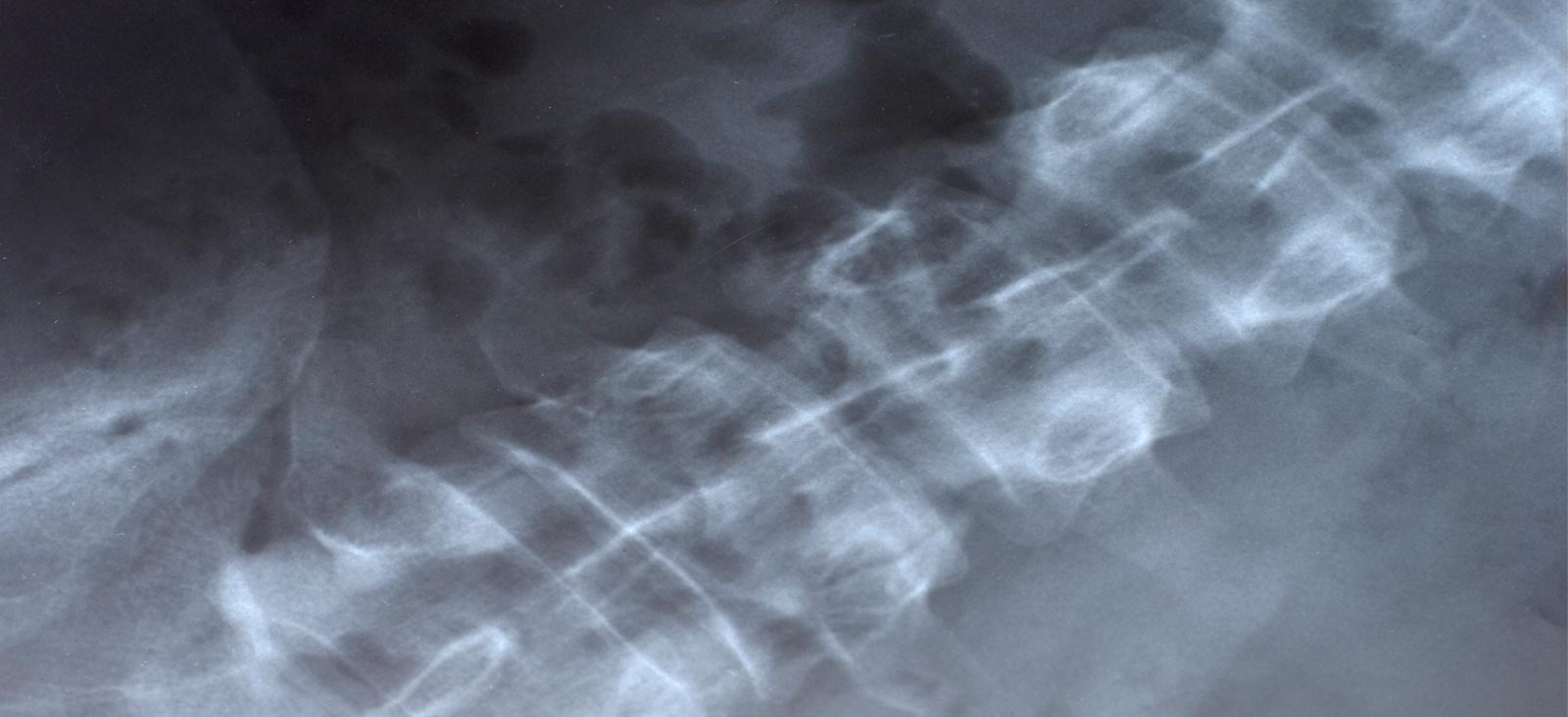About Spinal Fractures
Spinal fractures – broken bones in the back, neck, or spine – vary widely in severity. They also have many causes, including from trauma; conditions, such as osteoporosis, that weaken the bones; tumors, both cancerous and noncancerous; and, rarely, genetic conditions.
Although some spinal fractures require surgery, most can be successfully treated nonsurgically.
Diagnosis
If we suspect a spinal fracture, we’ll conduct a physical examination and order spine imaging studies. Spinal fractures are diagnosed with imaging technologies that can include:
We strive to educate patients about their condition, imaging findings, and treatment options so that they can make informed decisions about their care.
Treatments for Spinal Fractures
After diagnosis, we make sure patients see the right experts to treat their specific symptoms. We treat spinal fractures with therapies that include:
- Nonsurgical immobilizing devices such as casts, braces, and traction
- Spine rehabilitation (for both nonsurgical and surgical patients)
- Spinal stabilization, decompression (for compression of nerve roots or spinal stenosis), and vertebrae fusion surgeries that include:
- Laminectomy: Used to perform posterior decompression
- Corpectomy: Used for unstable vertebral fractures that require removal of the vertebral body
- Spinal fusion: Uses screws, internal bracing, and/or bone grafting to fuse vertebrae together
- Vertebroplasty: Uses biomedical cement injected into the fractured vertebrae to reduce micromotion; often used to treat osteoporotic and tumor-related fractures
- Kyphoplasty: Uses a balloon to create a cavity in the bone in which to place biomedical cement to reduce micromotion
- Percutaneous fracture fixation: A minimally invasive procedure that can stabilize some spinal fractures
We create a comprehensive treatment plan to help each patient achieve maximum symptom relief.
Research and Clinical Trials
As an academic medical center, we’re at the forefront of spine research. Our patients have the opportunity to participate in clinical trials aimed at improving the treatment of back and spine conditions such as chronic pain.
Talk with your doctor to see if a clinical trial might be right for you.





